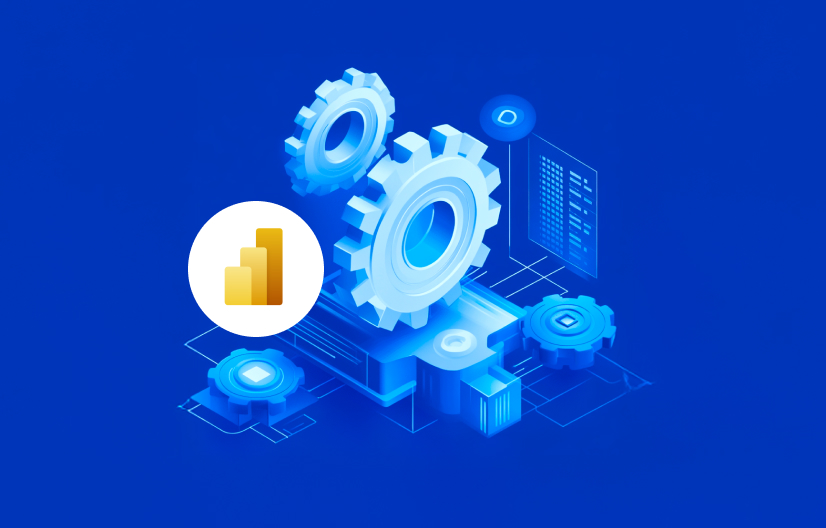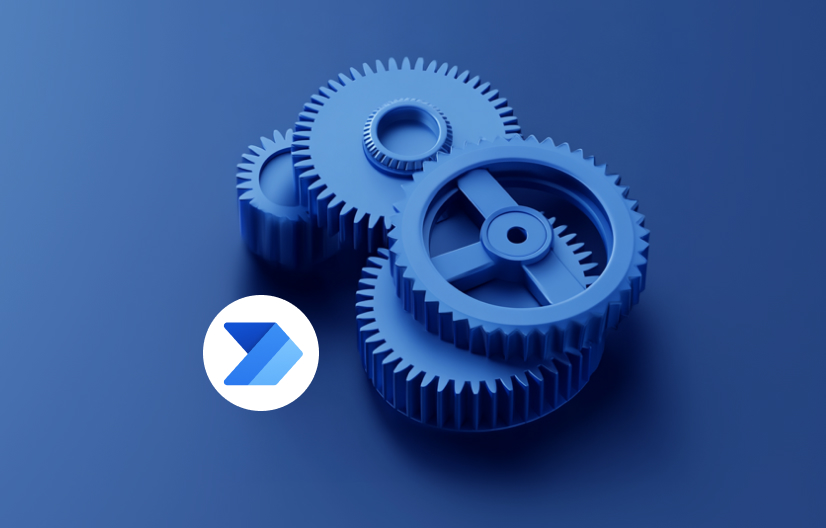
Demystifying CloudOps:
A Conversation With Our Expert François Grossin
Cloud Computing offers a myriad of new opportunities, which is why more and more companies are adopting this technology to meet their development, infrastructure and security needs. Moreover, a good number of new professions have emerged in recent years to leverage the full potential offered by this technology.
In an environment where development is ultra-fast, enthusiastic self-taught people have developed their knowledge of cloud computing through continued training and peer learning. These experts, often former developers, cultivate knowledge and notions that require deep understanding of best practices, past and current technologies and the realities of the stakeholders involved in an IT project. Today, they act as spokespeople to educate decision-makers and technical teams on the considerable possibilities of a technology that helps us minimize human intervention while accelerating the collaborative innovation process.
These CloudOps—for Cloud Operations—specialists are well versed on the ins and outs of cloud computing and are therefore best placed to answer your questions. For example, what are best practices in terms of cloud computing infrastructure? When and why should a CloudOps expert be called upon? What are the benefits of CloudOps principles for my technology project?
Conversation with François Grossin, CloudOps expert at Logient.

What are Cloud Operations?
F.G.: To define Cloud Operations, we must first define the concept of DevOps.
DevOps is at the intersection of the developer and system administrator professions. DevOps specialists focus on establishing and maintaining the infrastructure of a given project. They must work hand in hand with the system administrator to establish and configure a physical machine (including one or more servers). The role of DevOps is to ensure that developers can use this server and all the services necessary for the project’s success.
Cloud Operations are similar to DevOps—but in a cloud environment.
CloudOps experts have the same role as DevOps, but they use virtual machines or services in the cloud to build the infrastructure. All the work related to installing and maintaining the machine is therefore managed directly in the cloud. Physical machines are managed by Microsoft, Amazon or Google (among others) through each of their services—because at the end of the day, physical machines are still behind everything we do, even when we’re operating in the cloud. However, in this case, the responsibility changes hands.
How do Cloud Operations work?
F.G.: Let’s take the example of CloudOps applied to infrastructure. Previously, infrastructure was always built by humans. If one person is told, “Unplug everything and plug it all back in again,” that individual might plug things back in slightly differently or in a different order, for example, and the results will necessarily be different. What’s more, it could take that person three days to plug everything back in. Obviously, if this must be done ten times, it will be a major use of time.
The idea behind CloudOps principles is to write a script that will take on the role of establishing and breaking connections on demand. This means that secure environments, built according to best practices, can be replicated quickly and with minimal human intervention. This concept is known as Infrastructure as Code (IaC).
CloudOps allow us to stay consistent with this vision we share at Logient to rely on our past successes for time and efficiency gains. For example, we can quickly find a particular bit of code corresponding to a specific function, and copy it into a new script thanks to the infrastructure established by the CloudOps expert. By assembling bits of code that were successfully developed as part of project X, we can more quickly establish a secure infrastructure for project Y, which greatly reduces the efforts and costs associated with the project. The same principle is used by developers: instead of recreating the same parts of code from project to project, they design a library containing several bits of code and can reuse these existing elements in an ordered and structured way to ensure the success of future projects.
How did you become a CloudOps expert at Logient?
F.G.: When I was young, my father taught me how to take apart an alarm clock and study it closely to understand its functioning. Then, I had to reassemble the parts so that the device would work again. If you have this sense of curiosity that drives you to take something apart to understand its underlying mechanics, and if you are able to successfully assemble the parts because you understand how it works, you can also take apart an alarm clock and improve it. This kind of mindset is well suited to the role of a developer and a CloudOps specialist.
My path began as a quality insurance specialist. Over time, I learned how to code in order to write automated tests. Then, I worked for a client who used CloudOps principles to develop its technology solutions. Just like with the alarm clock, I focused once more on decoding the operations and the logic for each piece, and that’s how I understood the CloudOps vision.
What is the role of a CloudOps expert?
F.G.: CloudOps experts specialize in cloud computing. Their role is somewhat tech lead and also partly system administrator. First, they assess the costs of establishing an infrastructure. Then, they build an optimal infrastructure for developers to operate in the cloud. This infrastructure can be imagined a bit like a cabinet with many drawers. My role is to ensure that this infrastructure is ideal, powerful and secure, and that we can copy the drawers efficiently and quickly with minimal human intervention to develop and establish better solutions in a rapid manner. Ultimately, my clients are the developers. I ensure that they work optimally and by the rules, in a secure environment.
What is the profile of a good CloudOps expert?
F.G.: CloudOps specialists must have a deep knowledge of cloud computing, some experience as a developer—to better understand the needs of the team in terms of infrastructure—and also some expertise related to the role of the system administrator, in order to put in place the necessary accesses and authorizations. These specialists have to be curious by nature, because the technology is constantly evolving and ways of doing things are also developing with it. CloudOps experts must therefore be on the lookout for new technologies and constantly monitor the latest developments. They must also have a good knowledge of the history of any given technology and a deep understanding of best practices to make informed decisions. Lastly, they must like solving puzzles!
What are the benefits for technical teams in being able to rely on a CloudOps expert?
F.G.: CloudOps experts allow developers to deploy their solutions in development environments located in the cloud, without affecting the application located in the production environment. These development environments, which can be copied in record time with minimal human intervention, serve as test environments. These consume very few resources and are therefore very economical to operate. They can be used to work on different improvements in parallel in order to quickly find the best solution to a given challenge. The team therefore has greater control over what is deployed in the production environment and can minimize the associated costs, while focusing on implementing a secure solution.
In short, the expertise of the CloudOps specialist makes it possible to accelerate and optimize the collaborative process of the developer team so they can find effective and reliable solutions.
Furthermore, as the infrastructure is built according to best practices in the cloud computing field, anything created is sure to be replicable.
At what point should a CloudOps expert be involved in a given IT project?
F.G.: As soon as possible! For a realistic needs assessment and cost estimate, it is best to involve the CloudOps expert as soon as discussions begin.
What are the current and future opportunities offered by cloud computing to the companies adopting this technology?
F.G.: The answer is wide-ranging, but I’ll say that cloud computing is a way to avoid the installation and maintenance required by physical machines. With cloud computing, delays and costs associated with equipment breakdown, power outages and physical machine procurement are things of the past. This results in substantial savings over the medium and long term.
Conclusion
Several reasons will motivate companies to integrate CloudOps practices into their reality. First, the talent shortage in the technology field is already driving companies to adopt solutions that save their team time and that can be implemented easily, with minimal human intervention. We’re also noticing a growing need on the part of our customers for agile and scalable innovations that are particularly secure. Finally, businesses must align with the fast pace of the market and they are therefore looking for solutions that allow them to innovate quickly, at a reasonable cost. In this complex world, we all need tools and practices to make our lives easier. For all these reasons, we will see a growing number of companies betting on the CloudOps practice in the coming years.
Contact us to discuss how to integrate this practice into your next technology project.



















